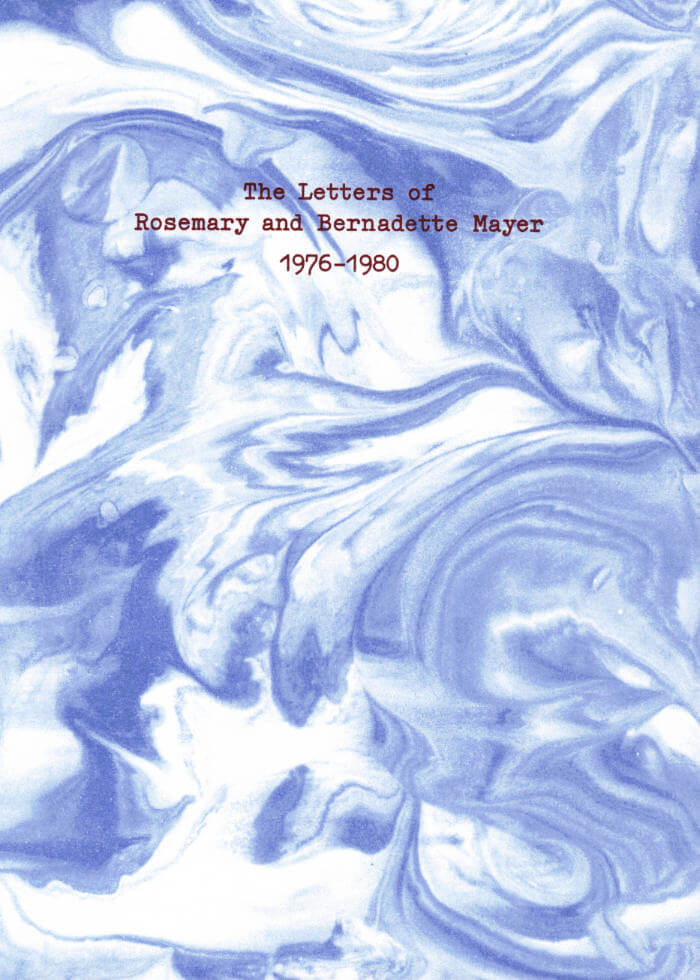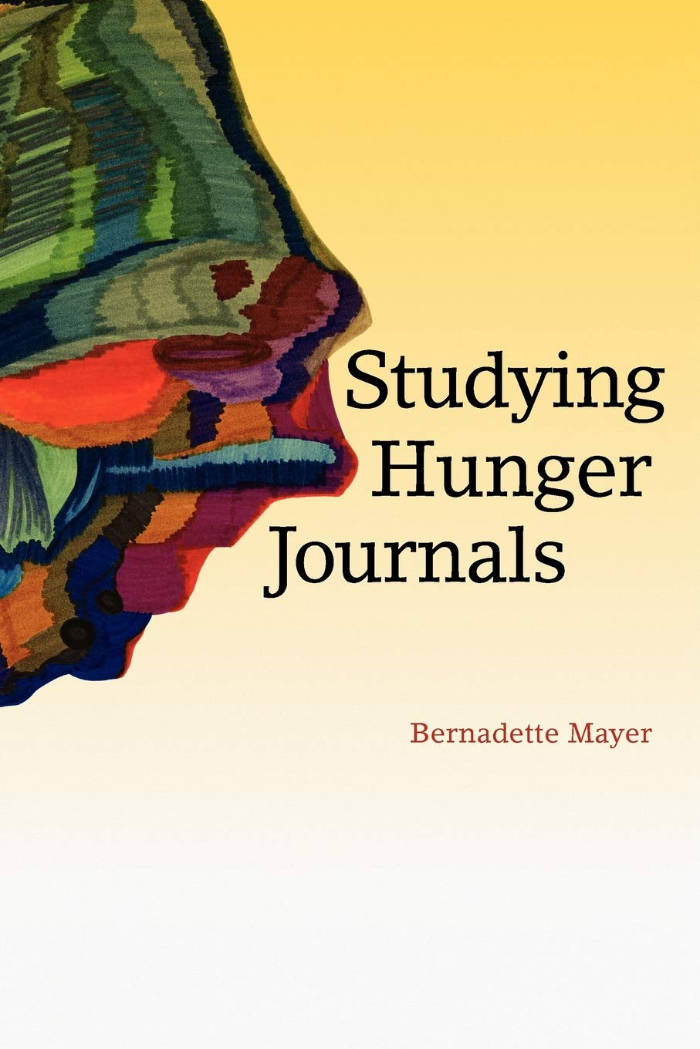
Hannah Weiner's Open House
Hannah Weiner's Open House beckons us into a realm of poetry that bends consciousness in order to open the doors of perception. Weiner is one of the great American linguistic inventors of the last thirty years of the 20th century. She created an alchemical poetry that transforms the materials of everyday life into a dimension beyond sensory perception. The pieces collected here are as much conceptual art as sprung prose, experimental mysticism as social realism, autobiography as egoless alyric. Patrick Durgin has brought together touchstone works, some familiar and some never before published. Hannah Weiner's Open House provides the only single volume introduction to the full range of Weiner's vibrant, enthralling, and unique contribution to the poetry of the Americas. (Charles Bernstein)
Hannah Weiner's influence extends from the sixties New York avant-garde, where she was part of an unprecedented confluence of poets, performance and visual artists including Phillip Glass, Andy Warhol, Carolee Schneeman, John Perrault, David Antin, and Bernadette Mayer. Like fellow-traveler Jackson Mac Low, she became an important part of the Language movement of the 70s and 80s, and her influence can be seen today in the so-called New Narrative work stemming from the San Francisco Bay Area.
Language: English







